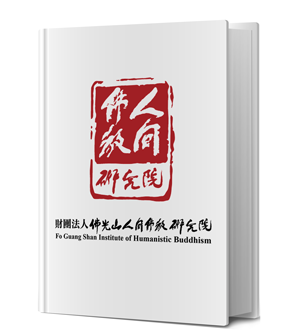
|
Humanistic Buddhism for Social Well-being(Ⅲ): An Overview of Grand Master Hsing Yun's Interpretation in Theory and Practice
作者
Ananda W.P. Guruge
其他名稱
人間佛教對社會福利的貢獻(三之三)——綜觀星雲大師在解行上的詮釋
摘要
Sakyamuni Buddha's success when he was alive and the ever-expanding success of Buddhism ever since is heavily dependent on the systems approach which he adopted. Systems approach is a modern, technical term applied in management and operations research. It is based on the view that every system -- from the universe to the smallest human activity -- consists of interdependent and interacting sub-systems or components. No activity, however minute, can be planned, organized, directed or controlled until and unless (i) the relationships among the components are understood, and (ii) the effect which changes in one component have on each of the others is carefully evaluated.
引文
Ananda W.P. Guruge, " Humanistic Buddhism for Social Well-being(Ⅲ): An Overview of Grand Master Hsing Yun's Interpretation in Theory and Practice, " 普門學報_第三期no.3 (2001): 1-68
全文下載











